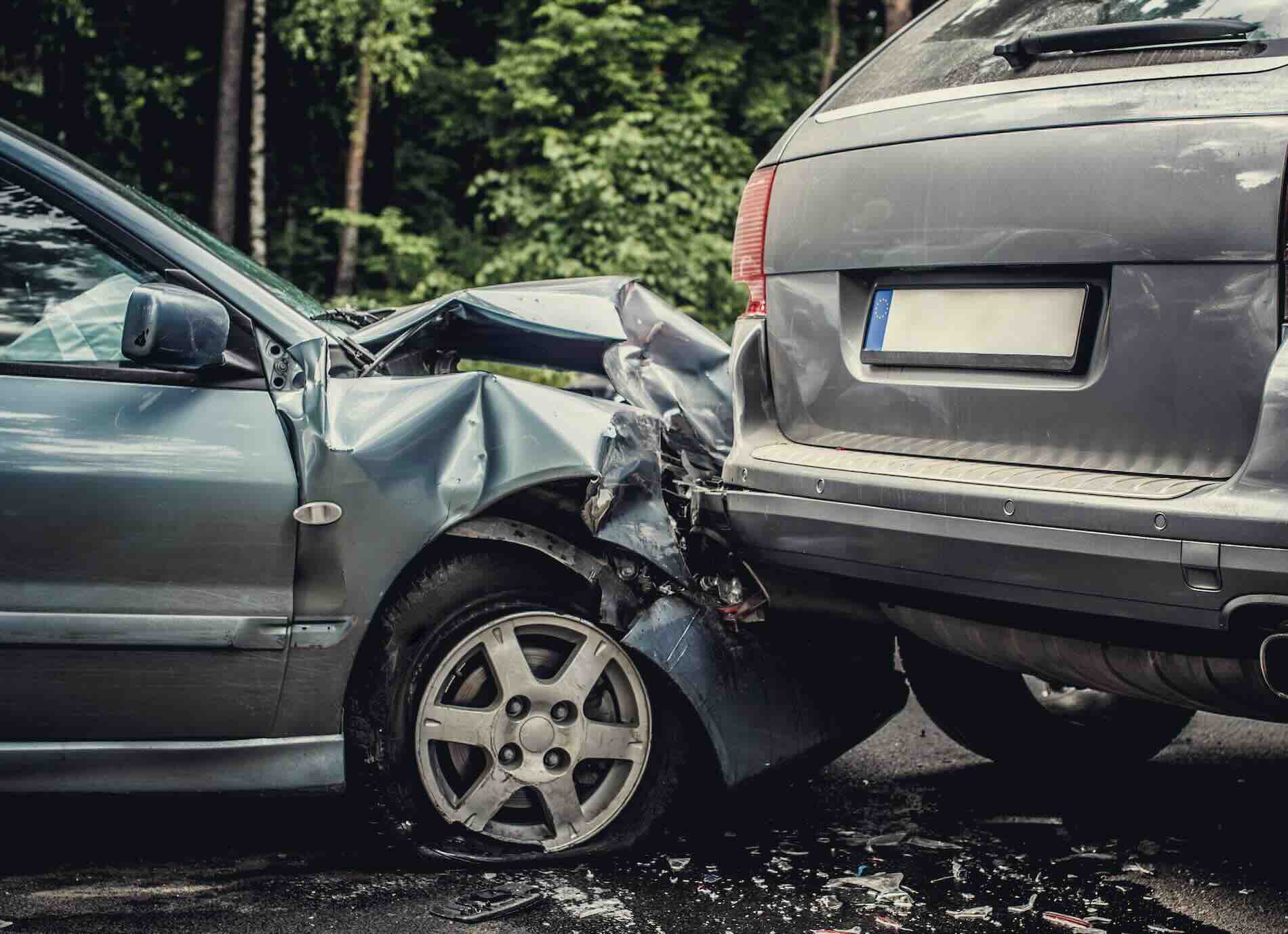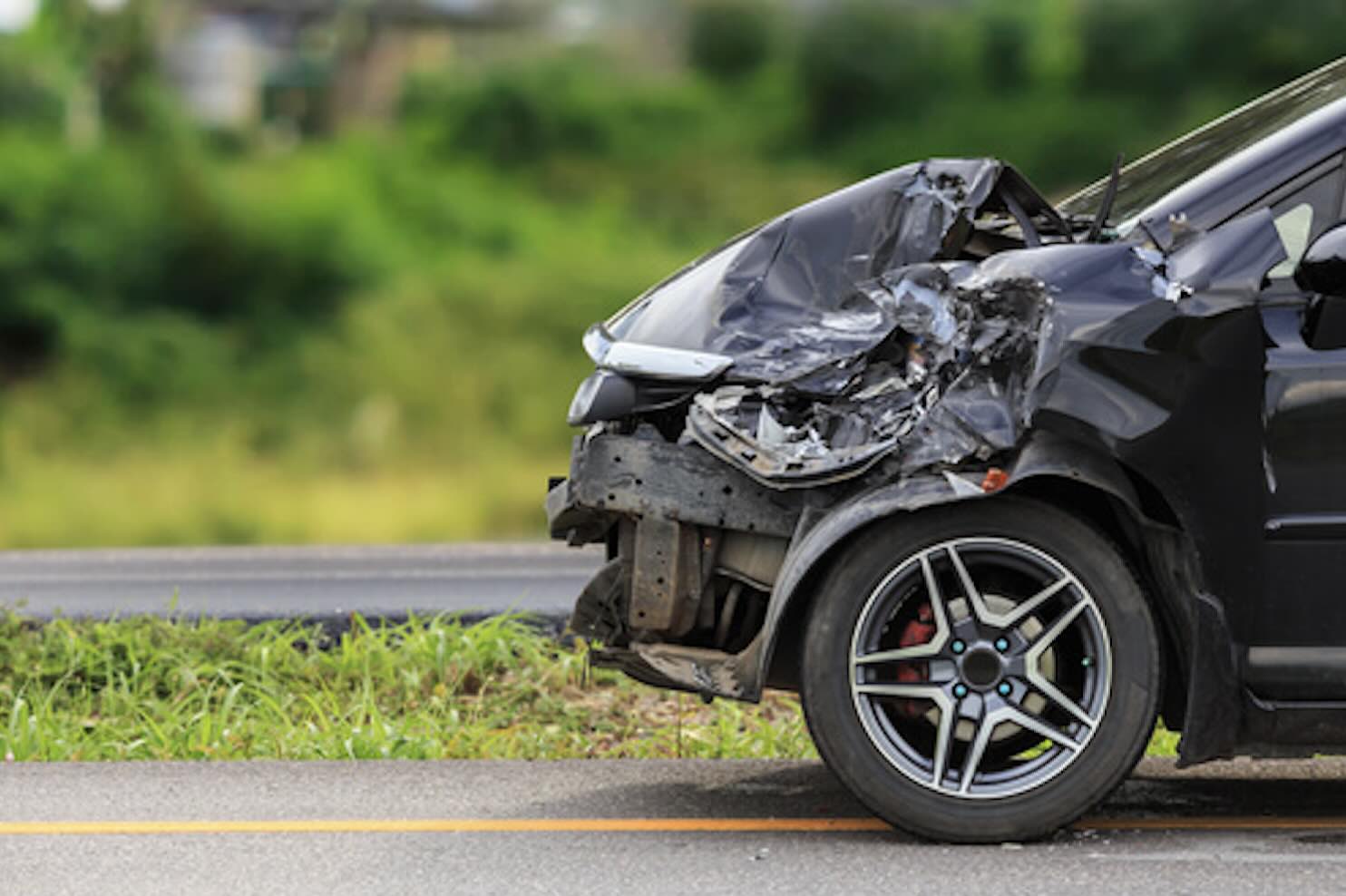Car accidents are tragic occurrences on roads worldwide, leading to significant injuries, fatalities, and property damage. While driver error is frequently cited as a primary cause, it is not always the sole factor contributing to accidents.
Legal representation is important to determine liability. Experienced professionals, like the car accident lawyers at Bentley & More, LLP, can help determine the cause of the accident and get you the compensation you deserve.
Understanding the multifaceted nature of accidents involves examining various other elements that can contribute to or cause collisions.
Driver Error: A Common Factor
It’s undeniable that driver error plays a substantial role in many accidents. Distractions such as texting, talking on the phone, or fiddling with controls slows reaction times and impairs judgment.
Speeding, reckless driving, and disobeying traffic signals are additional examples of driver behaviors that significantly increase accident risks. In some cases, driver impairment due to alcohol, drugs, or fatigue exacerbates these risks.
Statistics often highlight driver error as the primary cause of most accidents. The NHTSA reports that around 94% of accidents are attributed to driver error or poor driving behaviors. This statistic underscores the need to improve driver education, enforce traffic laws, and promote safer driving practices.
Environmental and Road Conditions
Beyond driver actions, environmental and road conditions can also contribute significantly to accidents. Rain, snow, fog, and slippery roads cause poor traction and vision, raising the risk of skidding or losing control.
Similarly, poorly maintained roads with potholes, uneven surfaces, or inadequate signage can create hazards and contribute to accidents, especially at night or in adverse weather conditions.
Vehicle Defects and Malfunctions
Mechanical failures or defects in vehicles can unexpectedly contribute to accidents. Issues such as brake failures, tire blowouts, steering malfunctions, or faulty electrical systems can impair a driver’s ability to maintain vehicle control, even if they exercise caution and follow traffic laws.
While less common than driver error or environmental factors, these mechanical failures underscore the importance of regular vehicle maintenance.
External Factors and Acts of Nature
Some accidents are caused by factors entirely outside of the driver’s control. Wildlife crossing roads, pedestrians suddenly entering traffic, or objects falling onto the road can create sudden hazards that drivers may not anticipate or have time to react to.
Natural disasters like earthquakes, landslides, and floods can also indirectly cause accidents by destroying roads or changing driving conditions.
Human Factors and Decision-Making
Human psychology and decision-making also cause accidents. Behavioral factors like road rage, aggression, or inexperience can lead to reckless driving and increase accident risks.
Moreover, psychological factors such as stress, anxiety, or emotional distress can impair a driver’s focus and decision-making abilities, contributing to accidents even in the absence of overtly risky behaviors.
Final Thoughts
While driver error remains a significant contributor to car accidents globally, it is not always the sole reason behind collisions. Environmental factors, road conditions, vehicle defects, external hazards, and human psychological aspects all have a role to play when it comes to car accidents.
Addressing these multifaceted factors requires a comprehensive approach that includes improved driver education, stricter enforcement of traffic laws, better road maintenance, and advancements in vehicle safety technology.
While eliminating accidents may be a lofty goal, striving towards minimizing their occurrence through safety measures remains imperative for public health.








